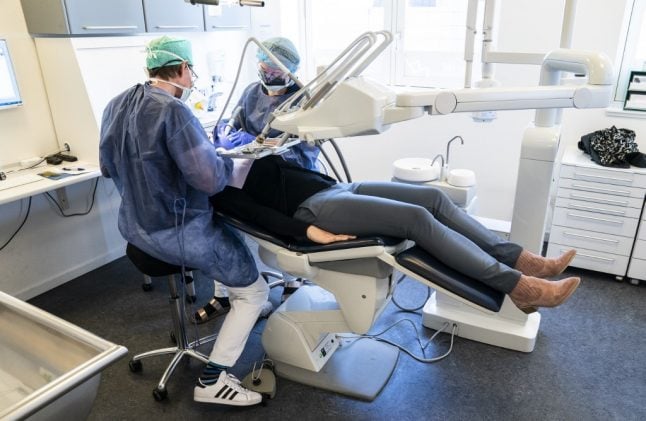While 24 percent of Italian 18-year-olds say they have had unprotected sex with a new partner, 52 percent of Norwegian boys and 49 percent of Norwegian girls admit the risky practice. The World Contraception Day study cites the boys saying it's “too embarrassing” to buy condoms.
Only boys in China, Estonia, Kenya and Korea were having as much unprotected sex as the Norwegians despite the widespread sex-ed programmes instituted by Oslo.
“This is worrying,” Norwegian sexologist Kjell Olav Svendsen told newspaper Dagbladet. Svendsen is a popular advice-giver and commentator on sex issues in Norwegian media.
The study of protective habits in 26 countries was carried out to observe the unchecked behaviour of young people about to be classed as adults. Survey and analysis outfit GfK carried out the survey for a host of national health groups.
Worrying those commissioning the survey, 44 percent of the 5,500 surveyed did not associate contraception with hygiene but thought waxing away hair, using perfume and showering daily made for a hygienic lifestyle.
According to US interest group Child Trends, unsafe sex is still proliferating after initial successes getting kids to use condoms in the late 1980s with the dawn of the AIDS era.
Norwegian kids were not alone in revealing high levels of reckless behaviour. The number of people in France saying they “forgot” all manner of protection has risen 111 percent since 2009 to 40 percent. In the US and United Kingdom, the number of new encounters without protection rose by 39 percent and 19 percent in the same period.
On the quirky side, 36 percent of men and women in Egypt believed showering after sex was an effective means of birth control.
It was the third annual international survey of this type, and its sponsors were as diverse as US Aid, Bayer HealthCare, The European Society of Contraception and Reproductive Health, and the UN Population Council.



 Please whitelist us to continue reading.
Please whitelist us to continue reading.
Member comments